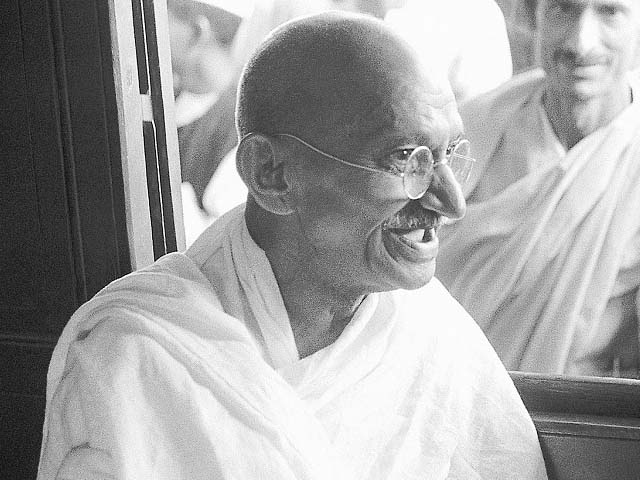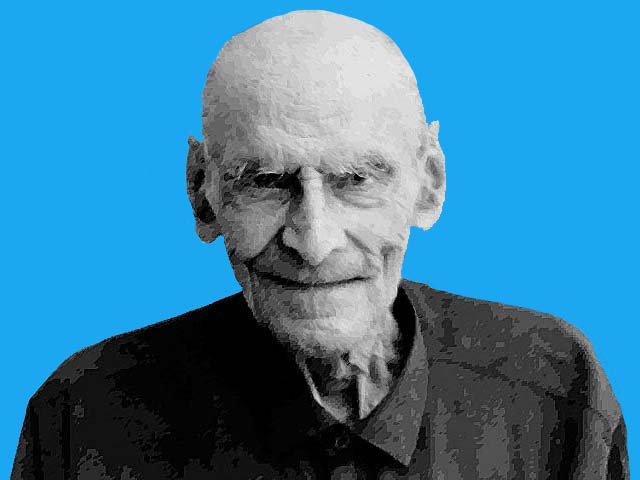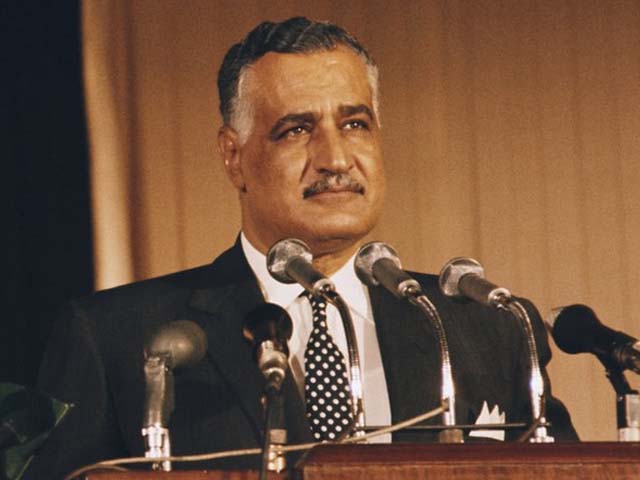
The dirge Muneebur Rahman wrote after Gandhi’s assassination
Today marks the International Day of Nonviolence, observed annually in honour of Mahatma Gandhi’s birthday. Today also marks the fateful day when two years ago Saudi dissident journalist Jamal Khashoggi walked into the Saudi embassy in Istanbul to his thoroughly undeserved death. To mark this occasion, as well to mark the end of the 150th birth anniversary of Mahatma Gandhi, I have chosen to translate a long poem by Muneebur Rahman (b. 1924), who is one of Urdu’s greatest living, though largely neglected, poets.
The poem is simply titled Mahatma Gandhi Ki Maut Par (On the Death of Mahatma Gandhi) and is an example of a poem upon which the imprint of Rahman’s progressive point of view is very clear. It is generally regarded as one of Rahman’s best and most representative poems. As the reader will also note, the poem can move anyone regardless of one’s political or ideological affiliations; it also forces us to resolve to say no to violence in all its forms.
~
‘Is the life of Man mere respiration
Is he imprisoned in the chains of a duration
Is he imprisoned by the dark place of destiny
And is his entity
Like a straw which flows on
Lashing its head in the enraged storms
Whose helplessness is unrelated to the pleasure of the destination
I, at the time of dawn
Put this question to the sinking stars and moon
And they remained silent as if they do not know
Life is an evident reality
Which can be determined by us possibly
We can evaluate on the stone of emotion the life’s worth
But when it is curtained by death
So our senses
Bow their heads with humility
Man-made values at that time begin to snap
What can we say to it, this is deception of sight
It is mere fancy, the extinction of reality
But still we scream with pain
When we do see
The scattered warp and woof of the lifeless body
Death gives us permission for mourning
And we are thinking
Why the children of existence, is this the spectacle’s novelty
When the deep clouds of sorrow and grief even today
Over one’s decayed houses have come tilting
Life living in dust is wandering
The ancient ruins of the ancestors are inclined towards mourning
And in every person’s chest an excitement is resounding
As if a wind rustles in the deserts
An idea comes in the hearts
Can death remove Man’s entity
Smoke rises when a flame is put out verily
Which flame was it which kept illuminated the palace of the earth
With constant anguish like a hearth
And which extinguished like a sudden spark
Lord of the world tell why are you silent
Mosques, for God’s sake, speak, be not reluctant
O churches till when will you look on into the firmament
That call of the gongs, just tell me temples
Why were they deprived of their rattles
You will not speak up, fine by me
Within this same human path maybe
The spark of love veiled itself in black
O sign of the greatness of my ancestors, O my country
He has departed today, that ascetic having qualities of royalty
For you a message of life was his every word
Who touched in your soiree such a musical chord
Heard by the whole land and it screamed aloud
This is the heartbeat of the beating heart of Nature
Which a man born of clay has given a tongue of stature
At every moment a message of love his lips were voicing
A love which was all-comprising
Which cannot be besieged within limits of sect, religion and nation
Which is present in the elements’ beautiful formation
Whose power is not needy of a spear or sword
On every particle of dust flows his every word
I have seen crying faces, full of grief
Hearing this good news brightens the battlefields
I have seen dragged humanity
On the echoing complicated roads of the city
Of hope he is used to giving them an invitation
And silent may those hearts be today beset with agitation
But the world with his call is decorated
Listen, upon love the system of life is established
And the heart which has no love is like it had never existed.’




COMMENTS
Comments are moderated and generally will be posted if they are on-topic and not abusive.
For more information, please see our Comments FAQ